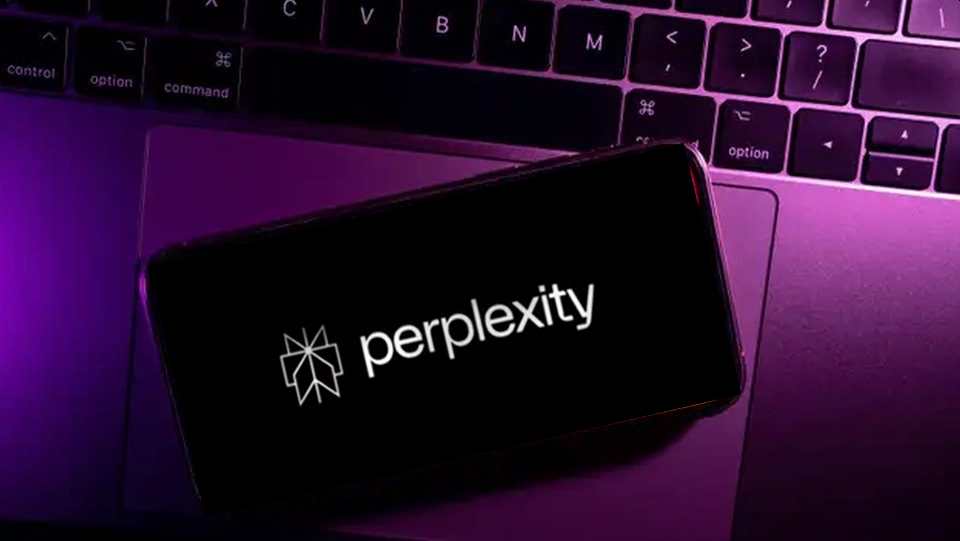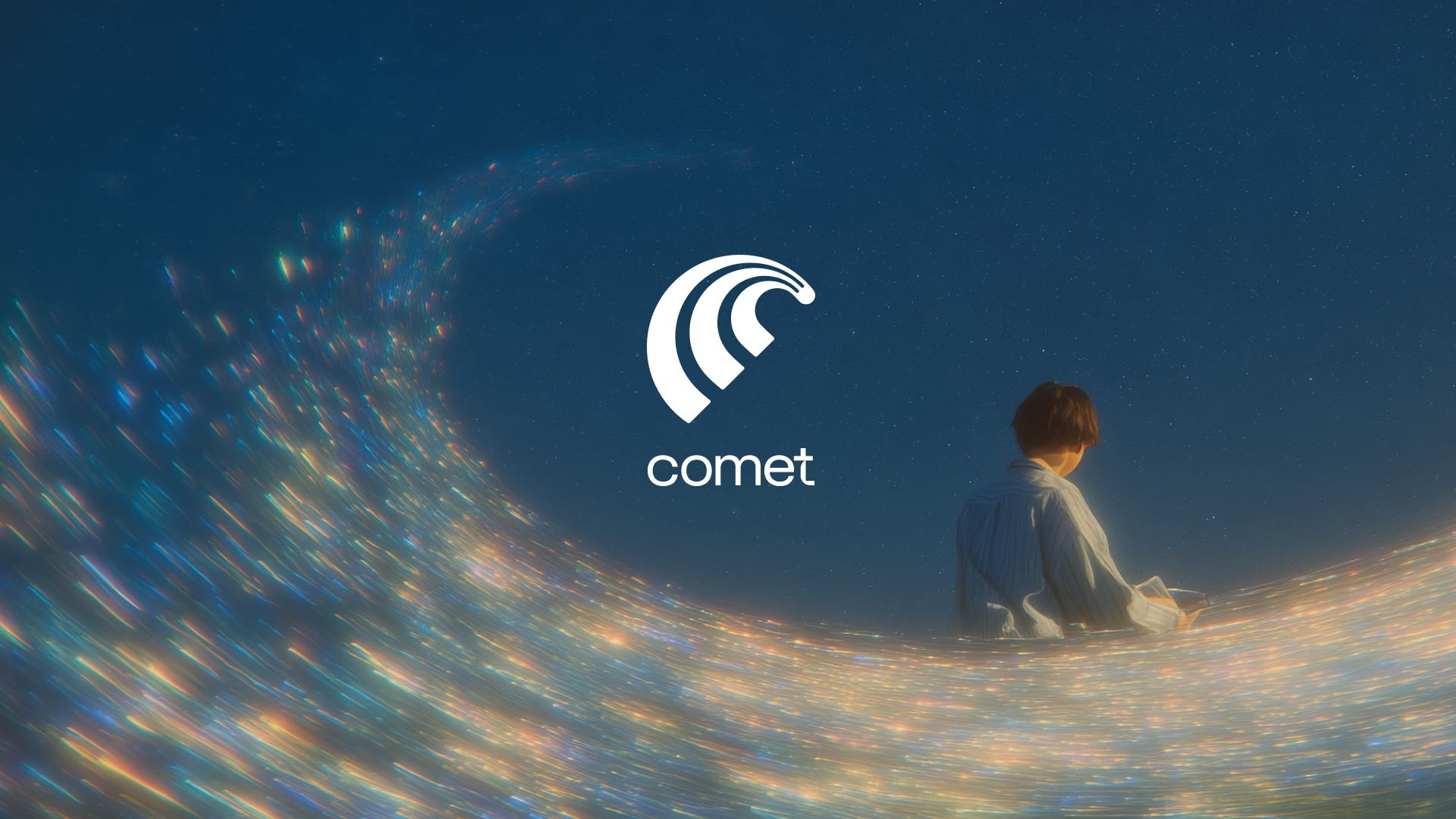Perplexity drops $200 paywall on Comet AI browser as Eric Schmidt backs Altera’s game-playing AI agents

Facing mounting pressure from Big Tech players like Google and OpenAI, as well as rising newcomers like Altera, Perplexity is dropping Comet’s $200 paywall to stay ahead in the AI browser race. Three months after launching Comet as a premium $200-per-month AI browser, the startup has opened the gates, making it free for everyone.
At the same time, Altera — an MIT spinout building game-playing AI agents — has secured backing from former Google CEO Eric Schmidt. Together, these moves signal a broader shift as AI tools transition from exclusive perks to mainstream platforms, reshaping how we browse and play online.
Perplexity’s Comet: From $200 Paywall to Free-for-All Accessibility

Comet launched in July as a paid perk for Perplexity Max subscribers, positioned as a smarter browser built to outthink Chrome. At $200 a month, it was pitched to power users who wanted real-time answers, integrations with tools like Slack, and an assistant that could work alongside them as they explored the web.
The launch sparked huge interest. Millions joined the waitlist faster than Perplexity could send out invites. Then, on October 2, the company pulled a growth lever: it made Comet free for everyone, no account required. Anyone can now download the browser from perplexity.ai/comet.
CEO Aravind Srinivas called it a mission to “democratize curiosity.” The data so far backs up the move—new users asked six to eighteen times more questions on their first day than traditional browsers see, shifting passive scrolling into something more interactive.
“Today we are releasing the Comet browser to the world, for free,” Perplexity said in a blog post.
The timing is no accident. Google is weaving Gemini deeper into Chrome, and rumors are swirling about OpenAI building its own browser. Perplexity is betting that volume and accessibility will help it carve out space before the giants lock down the market.
Comet acts like a “second brain” in your browser. A persistent AI sidebar follows along as you browse, ready to summarize articles, organize tabs, or even book flights. If your screen is packed with tabs, Comet groups them automatically, removes distractions, drafts emails, or builds study plans. The free tier includes the full set of features, though heavier tasks like code generation or multi-tab research have rate limits. Users can upgrade to Pro for $20 a month or Comet Plus for $5 a month to unlock unlimited access and curated news from publishers like CNN, The Washington Post, and Le Monde.
On X, users are buzzing. One viral clip shows Comet wrangling dozens of tabs with ease, with the caption calling it a “full AI assistant inside your browser.” Another user dubbed it a “$10K productivity shock” for automating tedious workflows. Students in India have embraced it too, posting threads on how it simplifies exam prep.
There are caveats. The browser consumes a lot of storage, lacks mobile support for now, and raises privacy concerns since user data flows through Perplexity’s servers for processing. Still, with a mobile app on the way and a “Background Assistant” feature in development for asynchronous multitasking, the free rollout feels like a clear challenge to Big Tech.
Altera: Schmidt’s Bet on Smarter Game Agents
As Perplexity rethinks browsing, Altera is reimagining play. The company, founded by neuroscientist Robert Yang, just raised $9 million in seed funding led by Schmidt’s First Spark Ventures, with participation from Patron (run by Riot Games alums). The round was first announced in May, but the buzz has picked up again as excitement around AI agents grows.
Altera’s focus is on game-playing AI agents with social and emotional intelligence. Its beta agent is already testing with 750 Minecraft players, showing off behavior that goes far beyond typical bots. It crafts tools from scratch, negotiates conflicts with lines like “I don’t want trouble—let’s find a peaceful solution?”, and shifts its personality depending on the mode—helpful in co-op, cunning in PvP. These agents execute actions as code, which makes them portable across different games, from Minecraft to Stardew Valley, without needing developers to rewrite scripts.
Schmidt’s involvement is a strong signal. He’s known for big bets on frontier tech, and this one pushes AI beyond chat interfaces and copilots into entities that act and adapt in real time. Investors from a16z’s SPEEDRUN fund and Valorant co-founder Stephen Lim see gaming as the perfect environment for training these kinds of agents, where unpredictable human behavior keeps them sharp.
On X, the reaction has been understated but intrigued. TechCrunch’s headline “bye-bye bots” has circulated through automated reposts, with some calling Altera’s approach a turning point for multiplayer games.
Two Frontiers, One Direction
Perplexity and Altera are attacking different fronts of the same shift: AI moving from passive helper to active partner. A free Comet could flood the internet with AI-augmented users, boosting traffic and challenging traditional search behavior. Altera’s agents, meanwhile, could fill virtual worlds with companions that feel closer to human teammates than NPCs.
These changes bring their own challenges—privacy for browsers, ethical questions for emotional AIs, and the sheer compute demands required to run these systems at scale. But both moves point to a future where AI isn’t something you occasionally consult. It’s sitting in your browser tab, or standing beside you in a game, shaping your experience in real time.
As Srinivas quipped on X, taking aim at Chrome: “The internet is better on Comet.” Schmidt’s checkbook is making a similar statement in the gaming arena. The AI shift is no longer theoretical—it’s here, one browser and one agent at a time.




